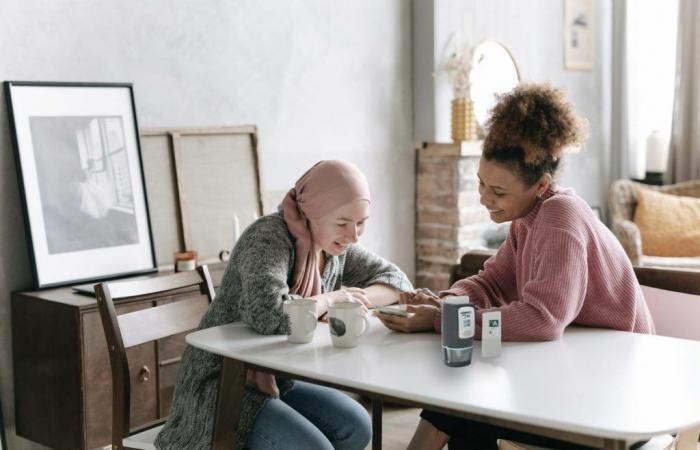THE problems with compliance with medication treatments concern all age categories but seniors and people losing their independence are more at risk of forgetting or making an error, because they are often on polymedication (on average a person between 60 and 65 years old takes 3 to 4 different medications every day).
In these conditions, the classic pill organizer can help but its functions are still very limited.
“In oncology, we know that treatment compliance does not exceed 70% whereas reaching 100% would be very important.”, explains Roland Sicard, oncologist in Avignon who developed this new tool, an intelligent pill dispenser.
How it works ?
Thess, that’s its name, is a pill dispenser that not only sorts your medications, it is equipped with a chip and an algorithm that controls the taking of medications: the molecule, the time, the dosage. The box only opens at the scheduled time and only delivers the scheduled treatment. Additionally, the device is connected. An oversight? An alert is sent. A partial take? An alert is sent.
For personal use, alerts are sent directly to patients but can also be sent to the family for people losing their autonomy, or home helpers (particularly private nurses).
A connected device
Ultimately (once all administrative procedures have been validated), Thess will allow a connection between caregivers and patients. For example, caregivers will be able to modify the dosage remotely.
“Its other advantage, continues Dr. Sicard, is that unlike classic pill dispensers, the medications are never mixed, they are placed in individual compartments.”. The preparation of the pill box, on the other hand, remains similar to that of a classic pill box.
Clinical studies in progress
If it is possible to buy Thess directly from the brand’s website (by subscription at €40/month) for personal use, in the future the device should be deployed directly in health establishments. “Certain rehabilitation centers (post-stroke or head trauma) have already equipped themselves with Thess, specifies Dr Sicard and we have three clinical studies underway to obtain reimbursement by Health Insurance.” Currently tested in medical oncology (reimbursement should be recorded from 2025 in this context), Thess will soon be tested in post-transplant monitoring (taking immunosuppressants at the right time is crucial to avoid rejection) and in the context of post-operative pain (to better manage opioid use.






